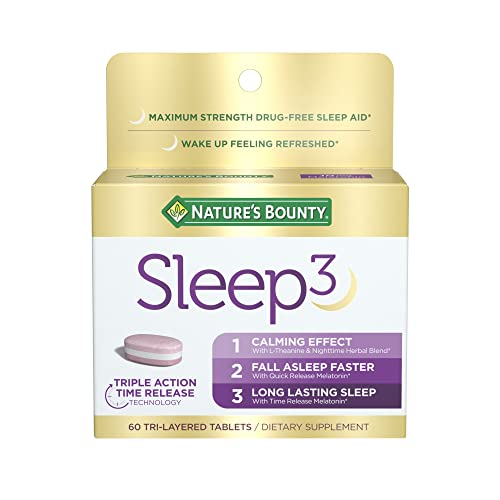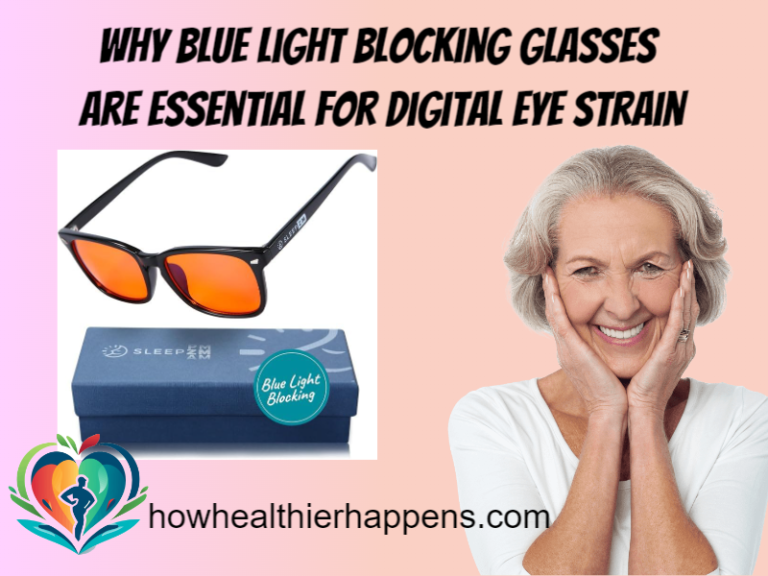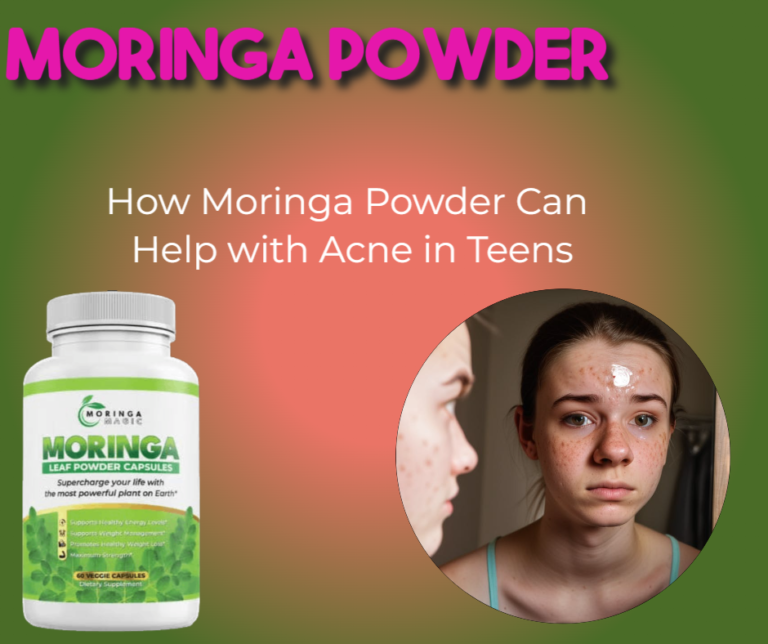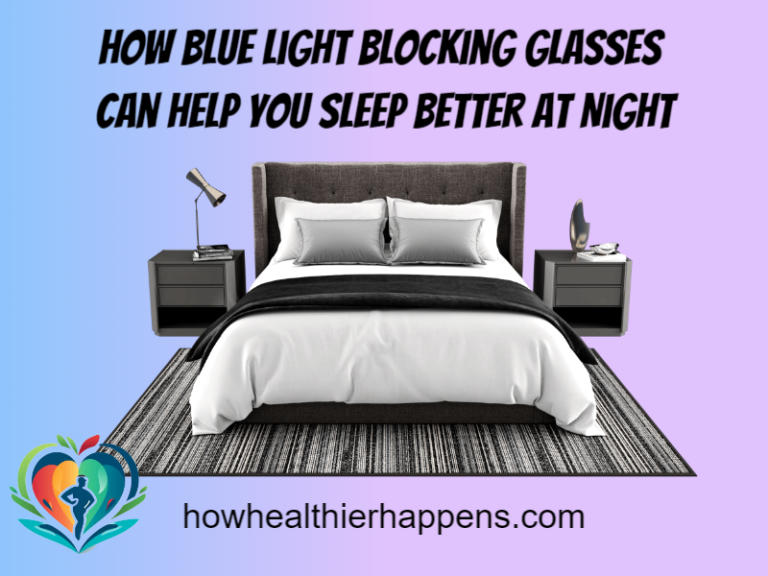
In today’s tech-driven world, exposure to screens has become a major part of our daily routines. Whether we’re working, unwinding with a movie, or scrolling through social media, digital screens are often a constant companion. While this connectivity brings many benefits, it also comes with its own set of challenges—especially when it comes to sleep. The artificial blue light emitted by screens can wreak havoc on our sleep patterns, leading to restless nights and groggy mornings. However, there’s a simple and effective solution: blue light blocking glasses.
In this article, we’ll dive into how blue light blocking glasses can improve your sleep, offer tips and tricks for getting the most out of them, and answer some frequently asked questions (FAQs) to help you make an informed decision. By the end, you’ll have a comprehensive understanding of why blue light protection is essential and how you can incorporate it into your nightly routine.
Understanding Blue Light and Its Impact on Sleep
Before exploring how blue light blocking glasses can help you sleep better, it’s important to understand what blue light is and how it affects your body.
Blue light is a high-energy visible (HEV) light with wavelengths ranging from 400 to 500 nanometers. It’s found naturally in sunlight and is crucial during the day as it helps regulate our circadian rhythm—the internal clock that tells us when to be awake and when to sleep. However, in the evening, exposure to blue light, especially from artificial sources like screens, can have a negative impact on our ability to fall asleep and stay asleep.
Blue light inhibits the production of melatonin, a hormone that signals to your body that it’s time to wind down. When you expose yourself to blue light late at night, your brain becomes tricked into thinking it’s still daytime, leading to difficulty falling asleep, poorer sleep quality, and even disrupted sleep cycles.
How Blue Light Blocking Glasses Improve Sleep
Now that we understand the impact of blue light on sleep, let’s delve into how blue light blocking glasses can help.
- Reducing Blue Light Exposure
- The primary function of blue light blocking glasses is to reduce the amount of blue light that reaches your eyes. These glasses come with specially designed lenses that either filter out or block blue light, thus allowing your body to maintain its natural melatonin production even if you’re using screens at night.
- Enhancing Melatonin Production
- By minimizing blue light exposure in the evening, blue light blocking glasses help your body produce melatonin more effectively. This hormone is essential for initiating sleep, so by keeping melatonin levels high, you’re more likely to fall asleep quickly and enjoy a more restful night.
- Preventing Circadian Rhythm Disruption
- Your circadian rhythm relies on light cues to determine when it’s time to wake up and when it’s time to go to sleep. Excessive exposure to blue light in the evening can push your body’s internal clock out of sync. Blue light blocking glasses can help you avoid this disruption, ensuring that your sleep-wake cycle remains balanced.
- Improving Sleep Quality
- With blue light protection, you’re less likely to experience the fragmented, restless sleep that often follows late-night screen use. Users of blue light blocking glasses frequently report falling asleep faster, sleeping more deeply, and waking up feeling more refreshed.
- Reducing Eye Strain and Fatigue
- In addition to improving sleep, blue light blocking glasses can also reduce digital eye strain, which can further contribute to a more comfortable and restful night. Eye strain from extended screen use can cause headaches, blurred vision, and discomfort—all of which can interfere with your ability to relax and fall asleep.
Tips and Tricks for Using Blue Light Blocking Glasses
To maximize the benefits of blue light blocking glasses, it’s essential to use them correctly. Here are some tips and tricks to help you get the most out of your blue light protection strategy:
- Start Wearing Them a Few Hours Before Bed
- To give your body ample time to wind down, start wearing your blue light blocking glasses at least two to three hours before you plan to go to sleep. This will help reduce blue light exposure during the critical evening hours when your body is preparing for rest.
- Use Blue Light Blocking Glasses Consistently
- Consistency is key when it comes to blue light protection. Make it a habit to wear your glasses every evening, especially if you’re engaging in screen-based activities. Whether you’re watching TV, using your smartphone, or working late, wearing your glasses will help protect your sleep.
- Choose the Right Blue Light Blocking Glasses
- Not all blue light blocking glasses are created equal. Some offer more protection than others, so it’s important to choose a pair that suits your needs. Look for glasses with a high blue light blocking percentage and consider those with a blue light coating for enhanced protection. Amber-tinted lenses often provide the highest level of blue light protection, though clear lenses are also effective for those who prefer a more natural look.
- Adjust Your Screen Settings
- In addition to wearing blue light blocking glasses, you can further reduce your exposure by adjusting the settings on your devices. Many smartphones, tablets, and computers now come with built-in features like “Night Shift” or “Blue Light Filter” mode, which reduce blue light emission. Pairing these settings with your glasses can offer even greater protection.
- Create a Sleep-Friendly Environment
- To optimize your sleep, combine the use of blue light blocking glasses with other sleep-friendly practices. This includes keeping your bedroom dark, cool, and quiet, as well as establishing a relaxing bedtime routine. Activities such as reading (with your blue light blocking glasses on, of course), meditating, or listening to calming music can further help your body transition into sleep mode.
- Limit Screen Time Before Bed
- While blue light blocking glasses are highly effective, limiting your overall screen time before bed can provide an additional benefit. Try to spend the last hour before bed engaging in non-screen activities, such as reading a physical book, journaling, or practicing mindfulness.
- Combine Blue Light Blocking Glasses with Other Sleep Aids
- For those who still struggle with sleep despite using blue light blocking glasses, consider incorporating other sleep aids into your routine. This could include melatonin supplements (consult your doctor first), herbal teas like chamomile, or essential oils like lavender to promote relaxation.
Frequently Asked Questions (FAQs)
1. What exactly are blue light blocking glasses?
Blue light blocking glasses are specialized eyewear designed to filter out or block blue light from screens and artificial lighting. They help reduce eye strain and improve sleep by minimizing blue light exposure.
2. How do blue light blocking glasses improve sleep?
These glasses enhance sleep by blocking blue light, which in turn allows your body to produce melatonin naturally. This hormone is crucial for regulating your sleep-wake cycle and ensuring you get a good night’s rest.
3. Can blue light blocking glasses be worn all day?
Yes, blue light blocking glasses can be worn all day, but they’re most beneficial in the evening. Wearing them during the day won’t harm you, but the primary goal is to reduce blue light exposure before bed.
4. What’s the difference between blue light blocking glasses and regular glasses?
While regular glasses correct vision, blue light blocking glasses specifically target blue light, reducing the strain on your eyes and protecting your sleep. Some blue light glasses are also available with prescription lenses.
5. Do all blue light blocking glasses have a blue light coating?
Not all blue light blocking glasses have a coating; some use special lenses that inherently block blue light. However, many high-quality options include a blue light coating to enhance their protective capabilities.
6. Can children benefit from blue light blocking glasses?
Absolutely. Children, like adults, are susceptible to the effects of blue light. Blue light blocking glasses can help protect their eyes, especially if they spend a lot of time on screens, and improve their sleep quality.
7. Are there any side effects to wearing blue light blocking glasses?
There are generally no side effects to wearing blue light blocking glasses. They’re safe for most people and can be worn without concern. Some people might notice a slight alteration in color perception, especially with amber lenses.
8. How effective are blue light coatings on glasses?
Blue light coatings can be highly effective, particularly when applied to lenses designed to block blue light. They enhance the overall protection, making the glasses more efficient at filtering out harmful blue light.
9. Do blue light blocking glasses help with migraines?
For some people, reducing blue light exposure with these glasses can alleviate the frequency or severity of migraines, though results can vary from person to person.
10. Can I wear blue light blocking glasses over contact lenses?
Yes, you can wear blue light blocking glasses over your contact lenses without any problems. They’ll provide the same level of protection regardless of whether you wear contacts or not.
11. How do I know if my blue light blocking glasses are working?
You can usually tell by how you feel. If you experience less eye strain, fall asleep more easily, and wake up feeling more rested, your blue light blocking glasses are likely doing their job.
12. Are expensive blue light blocking glasses better than cheaper ones?
Not necessarily. While more expensive glasses might offer additional features or better materials, many affordable options also provide excellent blue light protection











